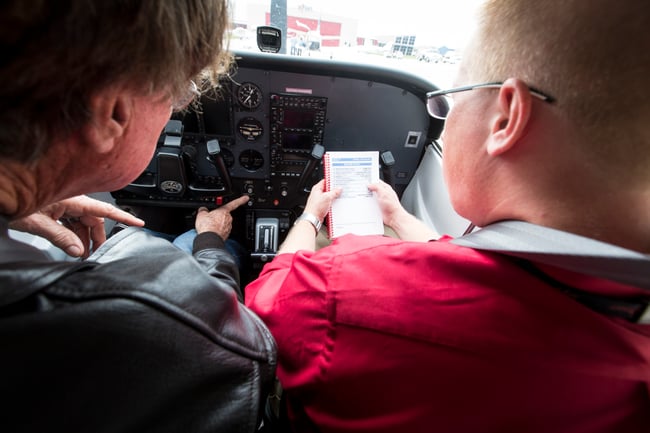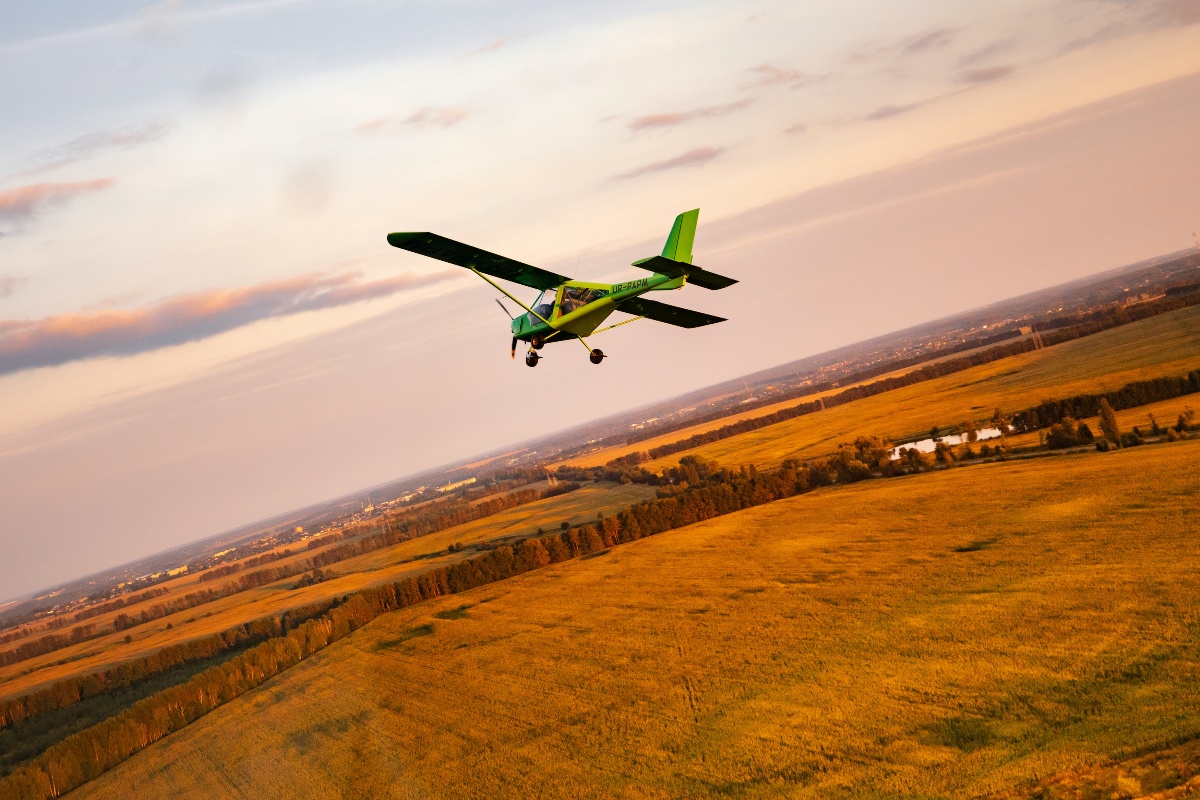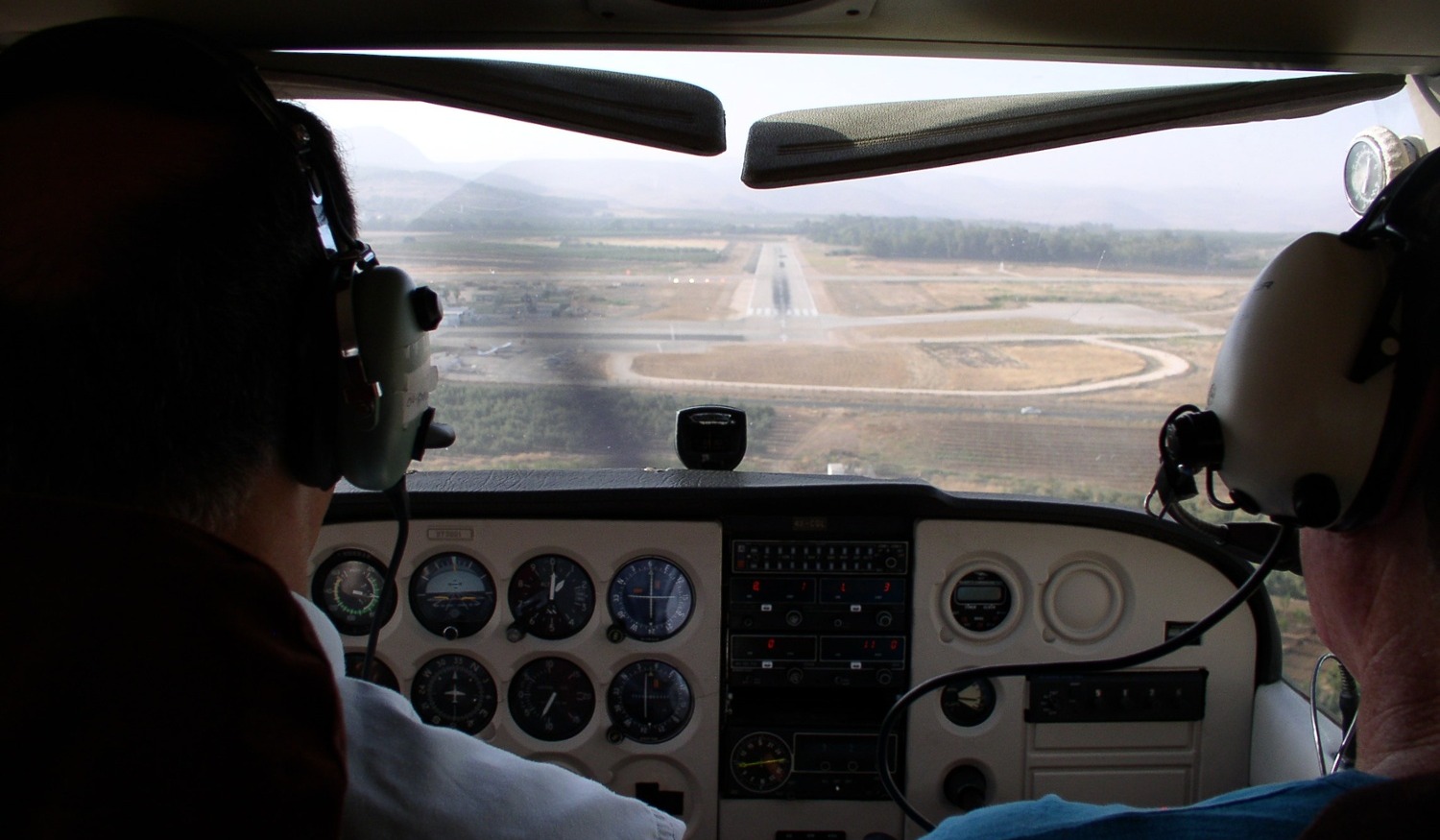When Confidence Breeds Complacency in Your Flying
When I got to 500 hours dual given, I fell into a familiar trap that even more experienced pilots know all too well. One day, you wake up and flying just clicks. The foggy lessons you learned as a student become very clear, and you feel confident flying almost any airplane. If you're like me, you realize that flying is the simple act of pushing to go down, pulling to go up, and using power to add to either of those inputs.
Moreover, you become so comfortable with the ins and outs of the airplane that you might not rely on a checklist like you did when you were a student. It may even become a personal challenge not to use it. This is a dangerous corner that you unintentionally can end up in and need to take much care to avoid.
An axiom says, "practice breeds competence and competence breeds confidence." There's an unsaid part to that, and aviation's incident and accident history, unfortunately, explain the rest. That is, confidence often time breeds complacency.
We all know how unforgiven that truism is, especially when we think of the pilot friends we lost too soon. They were the ones we looked to the most, so it is shocking to learn how complacency can contribute to their demise.
When I fell into the routine of ignoring simple guardrails, like running the checklist a few times, my student and I once ended up in an embarrassing and costly scenario. We were overly cautious and overnighted in some random city because we didn't do the proper shutdown procedure. We were thankful that the worst was some embarrassment, but it was a startling reminder that no one is immune.
How do you stave off complacency?

Checklists and Standard Operating Procedures
You don't need a groundbreaking approach to avoid complacency. Systems like checklists and standard operating procedures are low-hanging fruits that should keep you in line. You'll respect them for your good if you know why they exist and don't chalk them up to bureaucracy.
If you peruse through accident reports that featured experienced pilots, often, you notice there were sins of omission, where pilots did their own thing. We have to be humble to remember that these systems are in place to protect us from our more nefarious selves.
Proficiency Checks
Another system that helps is the proficiency checks the FAA requires of pilots as a minimum, which include takeoffs and landings, instrument approaches, and flight reviews. Embracing these opportunities will help you maintain a baseline of skills.
Frequent Proficiency Training
Even better, if you consistently seek out opportunities to improve your skills through actual flying or more knowledge, you can keep your mind in the learner's mentality, which often staves off room for relaxing. If you want to stay on top of things, find new ratings to add to your existing ones, as being in a training environment gives you more room to form good habits that can last a lifetime.
Briefings
Another way to sharpen your mind ahead of each flight is to be a stickler for briefings. Committing your attention to guided briefings, regardless of flight phase, should help your mind focus on the tasks. With cues, you can ensure that you adequately check what needs to be checked and overcome invulnerability. Briefings protect you from the "things you just know to be so, that ain't so."
Flying With a Partner
Finally, when you find it hard to overcome yourself, take along a flying partner who can hold you accountable. They will ask you questions about what you're doing or not doing and help keep you on your toes. Despite your urge to believe your flight will always go well, you must remember that things can go wrong, usually when you least expect it.
Complacency happens to the best of us. Statistically, the more experience you gain, the more likely you are to cut some corners. Knowing that should help you do everything possible to safeguard against complacency and ensure you can continue enjoying a lifetime of flying.
Share this
You May Also Like
These Related Articles

The Three Underlying Causes of General Aviation Accidents

A Bigger and Even Better Pilot Proficiency Center at AirVenture
